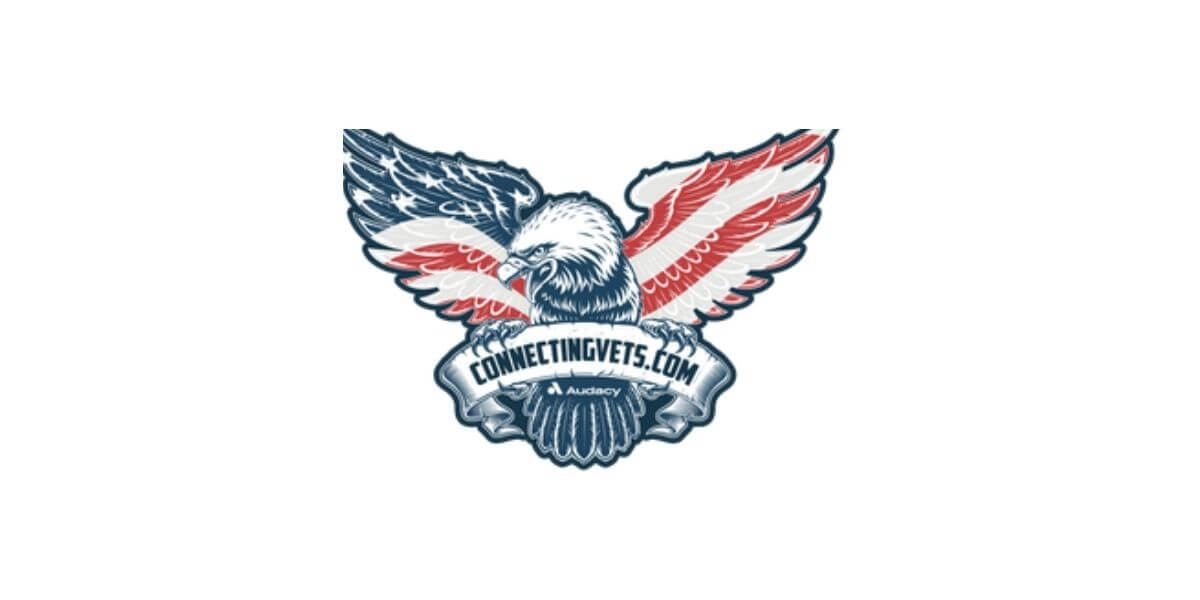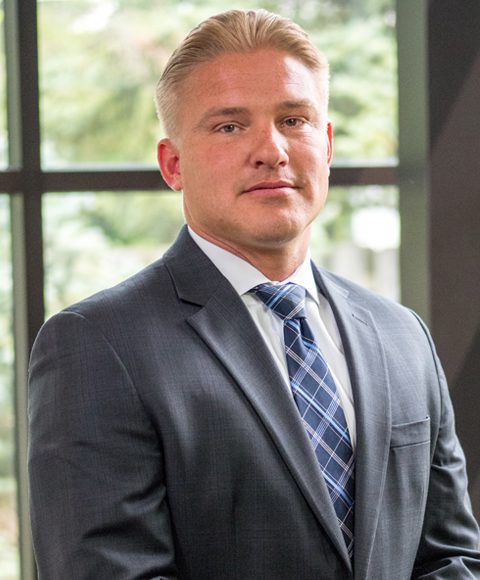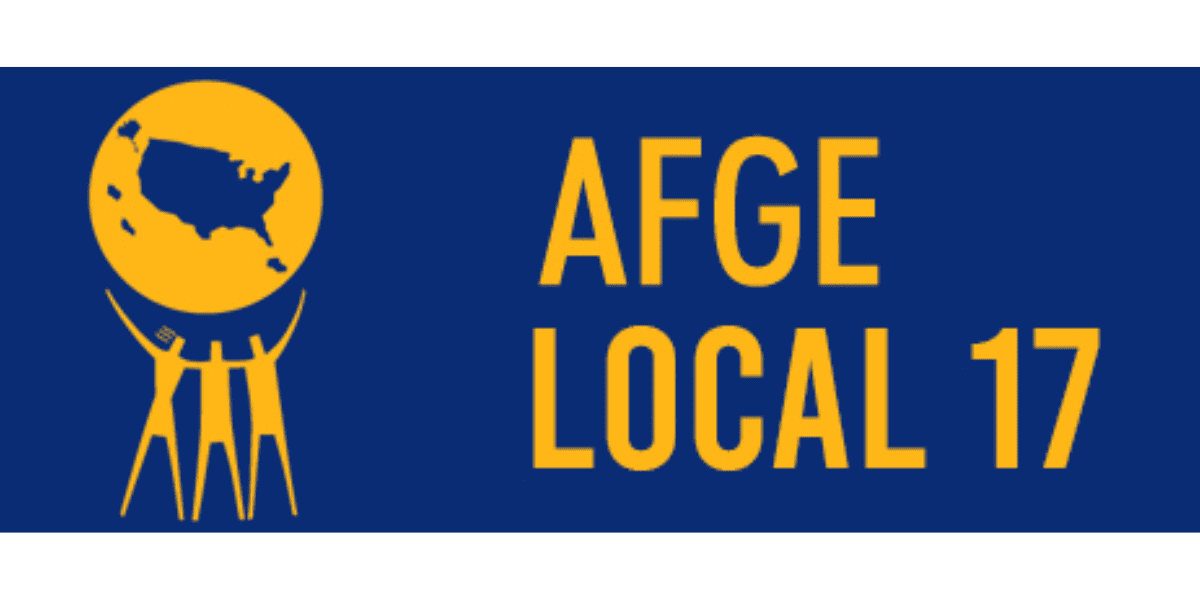U.S. military veterans have an option to enter into a rehabilitation program if they run into trouble with the law.
Veterans Treatment Courts are diversionary courts designed to remove qualifying veterans from the mainstream court system and provide them with an opportunity to focus on rehabilitation instead of punishment, said Tully Rinckey Managing Partner and Attorney Anthony Kuhn.
The program generally takes a year to complete and often includes counseling and drug testing for participating veterans, Kuhn said.
Ready to book your consultation? Click below to pay our consultation fee and book your meeting with an attorney today!
“Each court sets their own rules, but qualifying veterans are often non-violent first-time offenders,” he explained. “The attorney reaches out to the court staff and works with the prosecutor and court staff to negotiate diversion and will often include the terms of the final outcome, pending completion of the program. Some courts have a written contract. The defense attorney and prosecutor will enter into an agreement, and the defendant will work toward completing the terms of the agreement.”
You can contact us 24 hours a day, 7 days a week via phone at 8885294543, by e-mail at info@tullylegal.com or by clicking the button below:
The first Veterans Treatment Court was launched in Buffalo, New York 15 years ago and VTC’S have been popping up across the country in the years since.
“Many municipalities are still lacking this diversion court, but they are catching on,” Kuhn said.
Many offenses among veterans stem from issues or challenges as the result of their time in the military and the program offers an alternative to incarceration and an opportunity for rehabilitation.
“If the qualifying veterans stay in the mainstream criminal court system, they might be able to get a disposition much faster, but the disposition would likely be less favorable,” noted Kuhn. “These veterans might take a plea deal, requiring them to plead guilty to an offense. They might take the case to trial and be convicted of a crime. Either course of action will result in a criminal record for the defendant.”
If that same defendant is diverted to Veterans Treatment Court, they might have all charges dismissed upon completion of the program, he added.
“They might also have felony charges reduced to a misdemeanor or violation, which would have a profound impact on the potential collateral consequences,” Kuhn said.
To learn more about VTCs nationwide, visit here.





